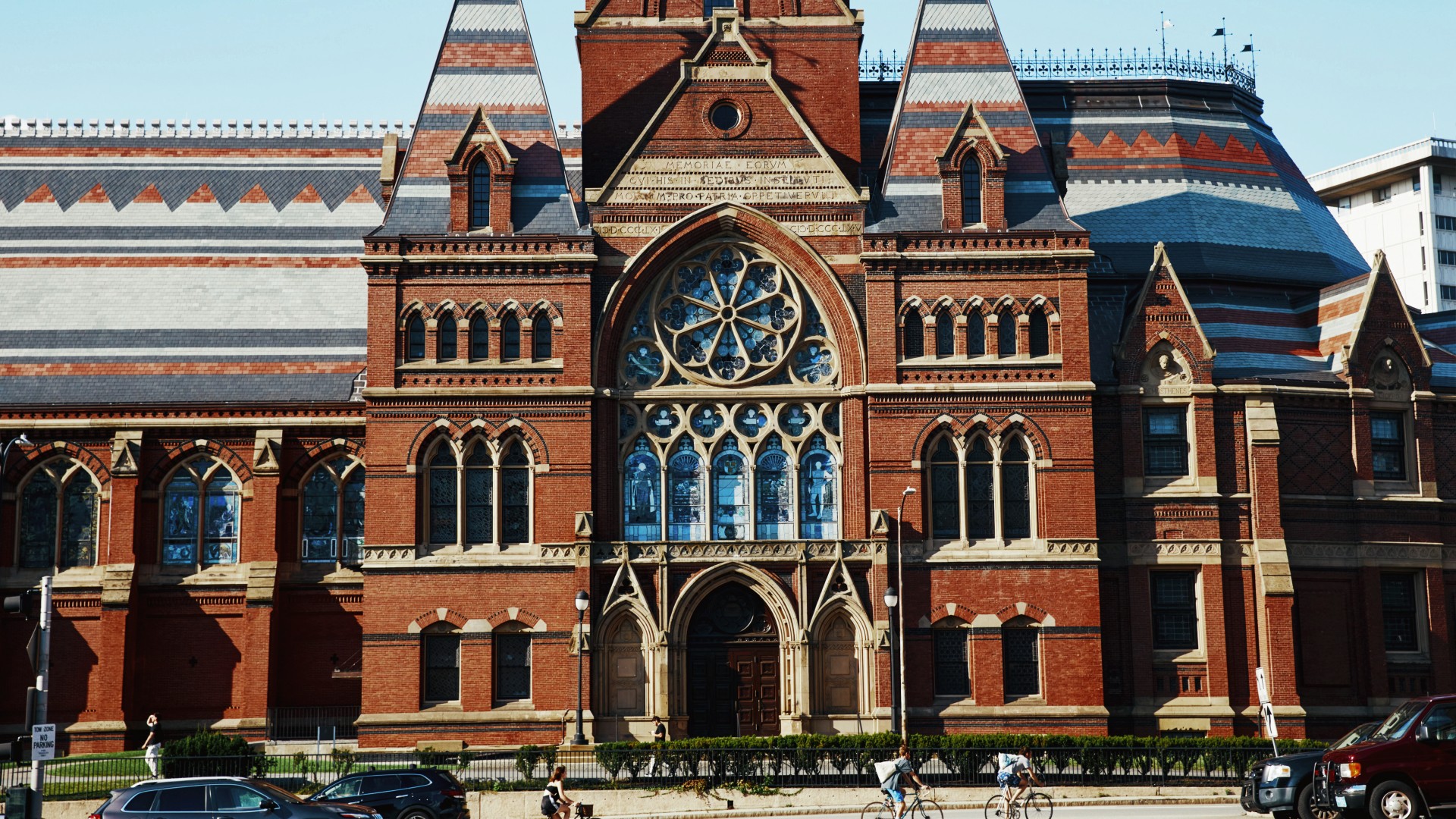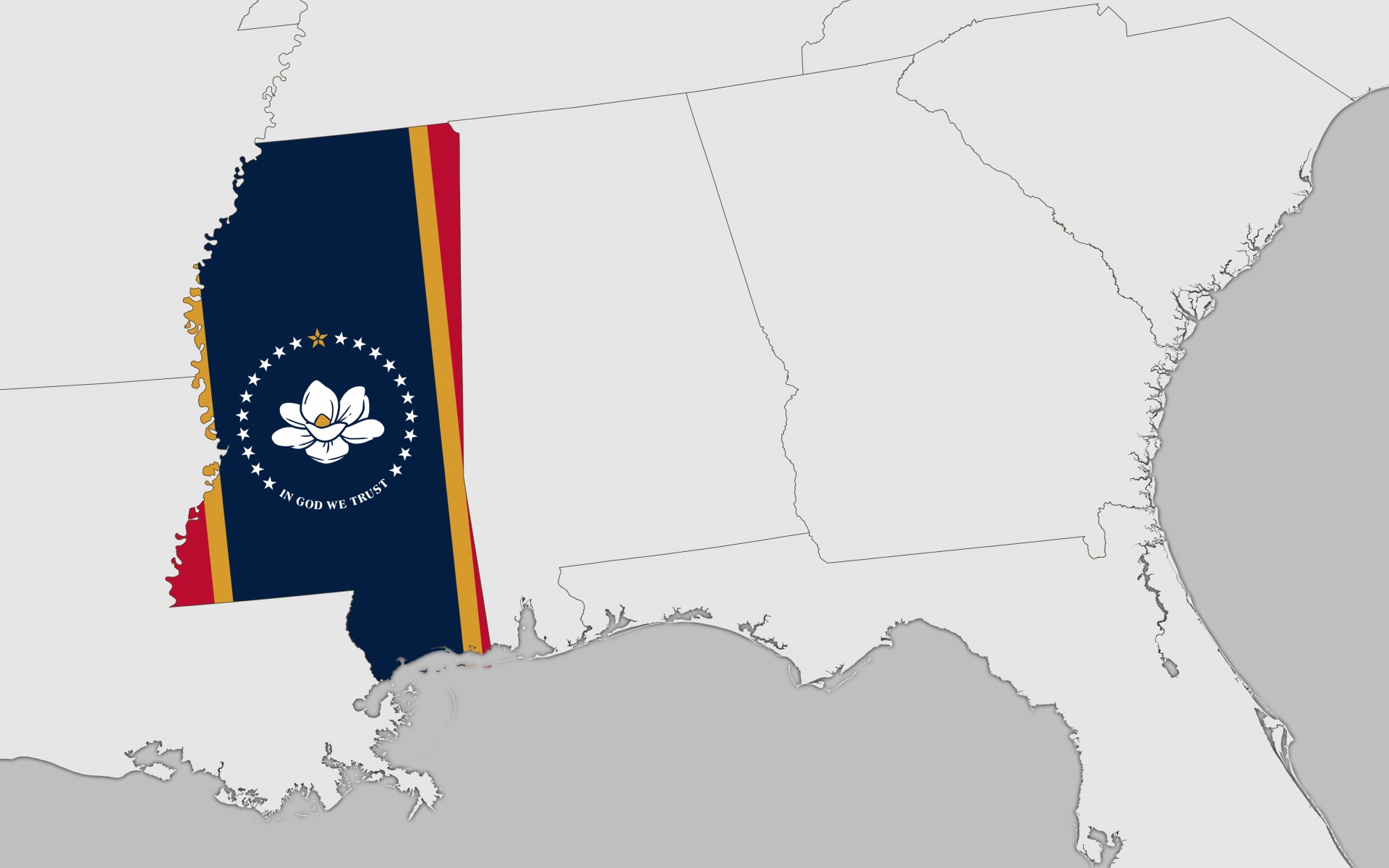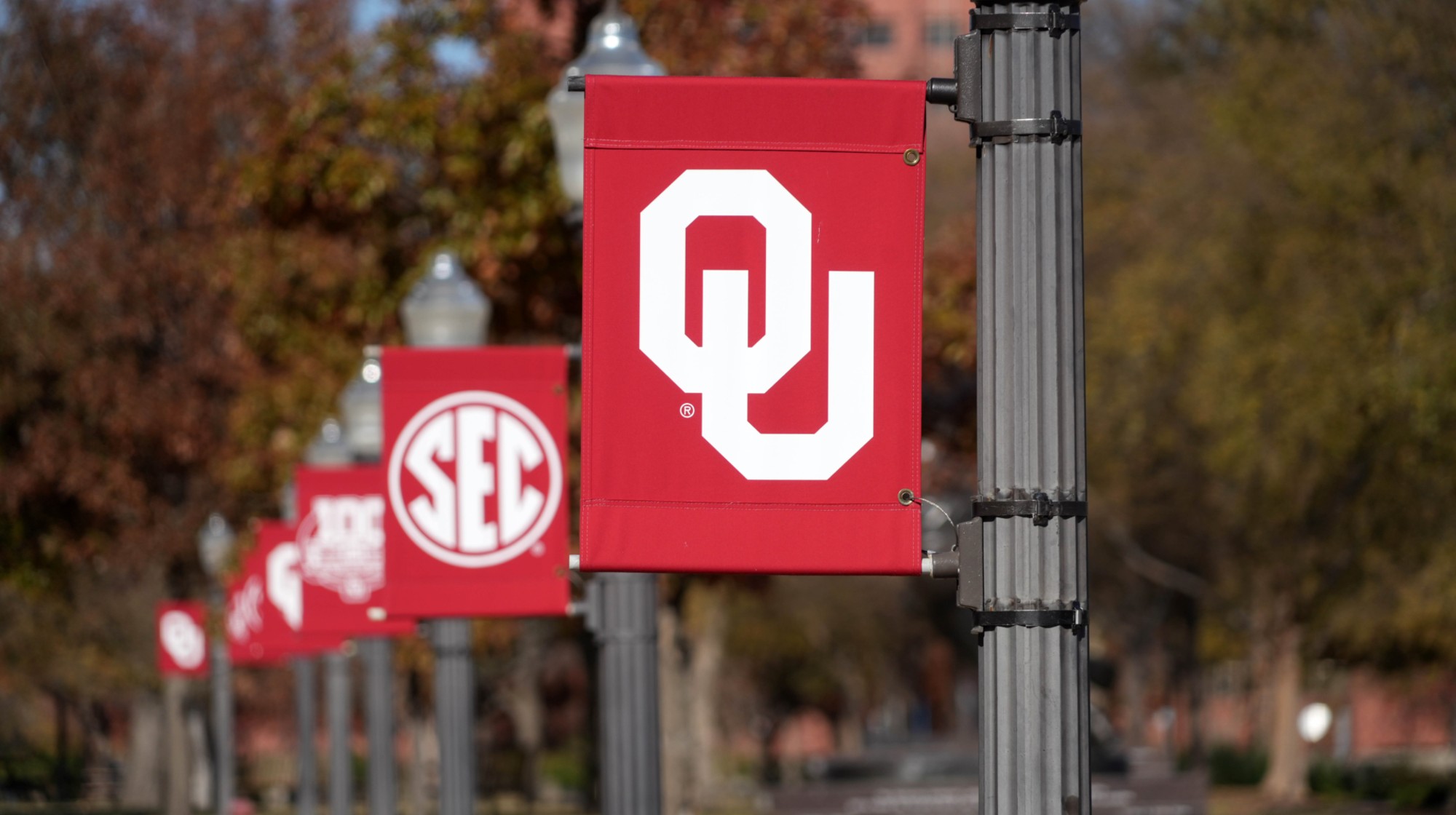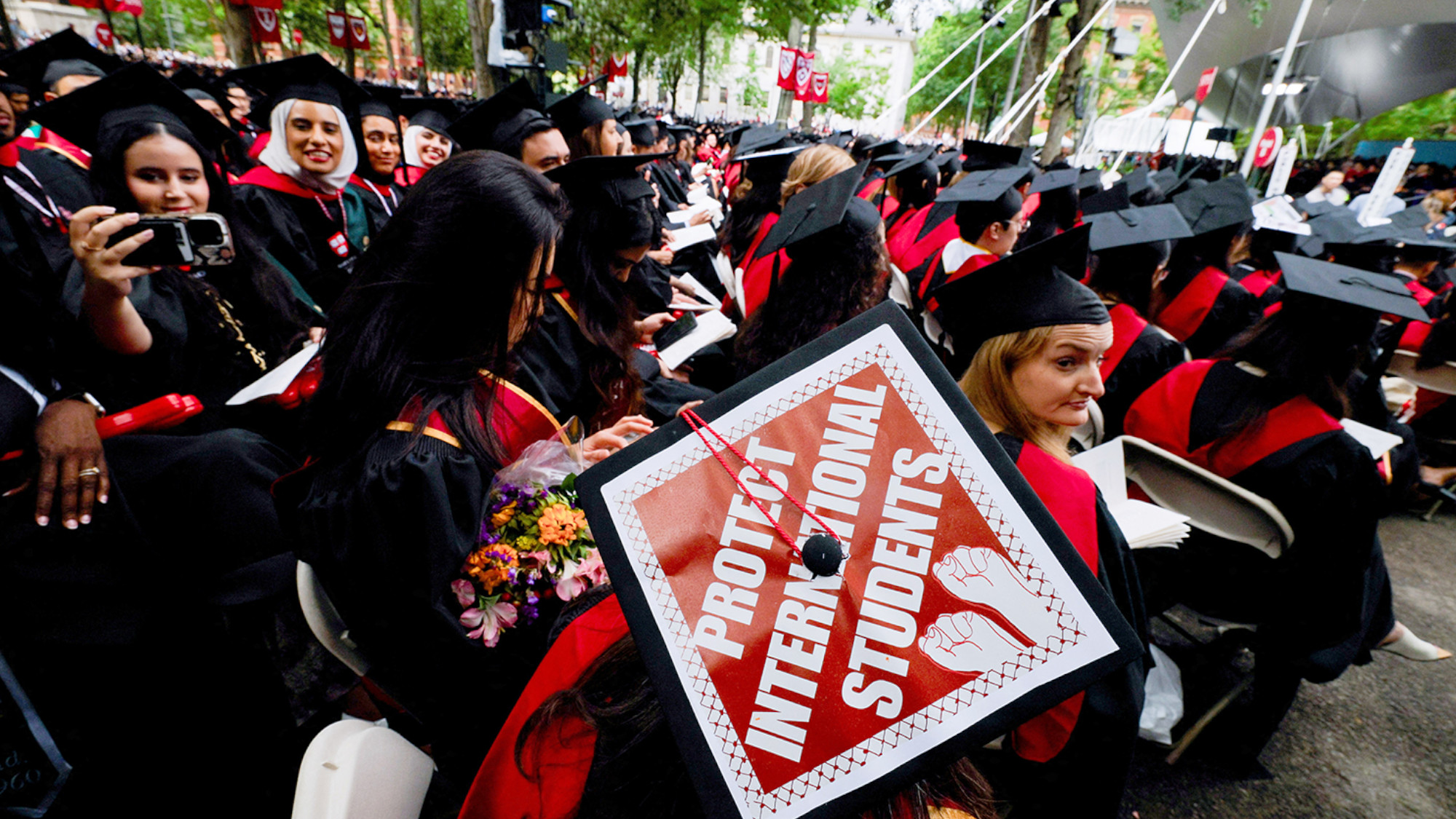College admissions data reveals early effects of affirmative action's end
A sneak peek at how the Supreme Court's decision has panned out


A free daily email with the biggest news stories of the day – and the best features from TheWeek.com
You are now subscribed
Your newsletter sign-up was successful
Enrollment data for the first round of college students affected by the outlawing of affirmative action has been slowly disseminating over the past few weeks. As academia reckons with the impact of the Supreme Court's decision, the spotlight is exceptionally bright on elite schools like Harvard University. The college was at the center of the lawsuit that led to the landmark decision, which accused Harvard of discriminating against Asian American applicants while favoring other minority groups. The slowly emerging data should illuminate whether the decision has caused a shift in campus diversity.
Schools share data on the class of 2028
Harvard College was the latest school to release data on the racial and ethnic makeup of the class of 2028, the first class impacted by the Supreme Court "striking down the ability of colleges and universities to consider race and ethnicity as one factor among many in the admissions process," said The Harvard Gazette. Excluding students who chose not to identify their race, 14% identified as African American or Black, a decrease from 18% in the class of 2027. The number of Hispanic students went up to 16% from 14%. Asian American students comprised 37% of the class, and less than 1% identified as Native Hawaiian or other Pacific Islanders, reflecting no change in either group. The school did not report the share of white students in the class, which was "consistent with past practice," the Times said. Still, it is "hard to make inferences," said The New York Times, since the share of students not disclosing their race or ethnicity doubled to 8% since last year.
The data from other schools varies. Neither Yale University nor Princeton saw any change in enrollment of Black and African American students, but the number of Asian American students dropped from 24% to 30% at Yale and from 26% to 24% at Princeton. The change at MIT was more dramatic, where the percentage of Black students dropped 8 points from the 13% average in the four years prior, and the rate of Asian American students jumped up six percentage points from 41%. There was also a 4% decline in Black and African American enrollment at Washington University in St. Louis and a 3% decline at Tufts University.
The Week
Escape your echo chamber. Get the facts behind the news, plus analysis from multiple perspectives.

Sign up for The Week's Free Newsletters
From our morning news briefing to a weekly Good News Newsletter, get the best of The Week delivered directly to your inbox.
From our morning news briefing to a weekly Good News Newsletter, get the best of The Week delivered directly to your inbox.
Too early to draw conclusions?
It may still be too early to jump to answers based on the available data for the class of 2028. With only a few dozen schools reporting their enrollments, "we still can't definitively speak to how racially diverse this first post-affirmative action class will be," Michaele Turnage Young of the Equal Protection Initiative at the NAACP Legal Defense and Educational Fund said to Vox. So far, "there isn't much good news in the data for students of color," Vox noted. Many schools have "yet to implement race-neutral policies aimed at fostering diversity in their classes, which would comply with the Supreme Court's decision."
Some experts were critical of the "discrepancy between what was predicted and the actual outcome of the court's ruling," suggesting some "might have not complied with the decision," said the Times. Schools like Princeton and Yale argued in court briefs that "there was no way you could get racial diversity without taking race into account," Peter Arcidiacono, an economist at Duke who testified against Harvard at the trial, said to the outlet. "So I think the burden is on them to show how they were able to do so because it sure looks like they were cheating."
A free daily email with the biggest news stories of the day – and the best features from TheWeek.com
Theara Coleman has worked as a staff writer at The Week since September 2022. She frequently writes about technology, education, literature and general news. She was previously a contributing writer and assistant editor at Honeysuckle Magazine, where she covered racial politics and cannabis industry news.
-
 How the FCC’s ‘equal time’ rule works
How the FCC’s ‘equal time’ rule worksIn the Spotlight The law is at the heart of the Colbert-CBS conflict
-
 What is the endgame in the DHS shutdown?
What is the endgame in the DHS shutdown?Today’s Big Question Democrats want to rein in ICE’s immigration crackdown
-
 ‘Poor time management isn’t just an inconvenience’
‘Poor time management isn’t just an inconvenience’Instant Opinion Opinion, comment and editorials of the day
-
 American universities are losing ground to their foreign counterparts
American universities are losing ground to their foreign counterpartsThe Explainer While Harvard is still near the top, other colleges have slipped
-
 ‘Ghost students’ are stealing millions in student aid
‘Ghost students’ are stealing millions in student aidIn the Spotlight AI has enabled the scam to spread into community colleges around the country
-
 How Mississippi moved from the bottom to the top in education
How Mississippi moved from the bottom to the top in educationIn the Spotlight All eyes are on the Magnolia State
-
 Oklahoma fires instructor over gender essay grade
Oklahoma fires instructor over gender essay gradeSpeed Read
-
 Education: More Americans say college isn’t worth it
Education: More Americans say college isn’t worth itfeature College is costly and job prospects are vanishing
-
 Penn wipes trans swimmer records in deal with Trump
Penn wipes trans swimmer records in deal with Trumpspeed read The University of Pennsylvania will bar transgender students from its women's sports teams and retroactively strip a trans female swimmer of her titles
-
 Education: America First vs. foreign students
Education: America First vs. foreign studentsFeature Trump's war on Harvard escalates as he blocks foreign students from enrolling at the university
-
 Where will international students go if not the US?
Where will international students go if not the US?Talking Points China, Canada and the UK are ready to educate the world
